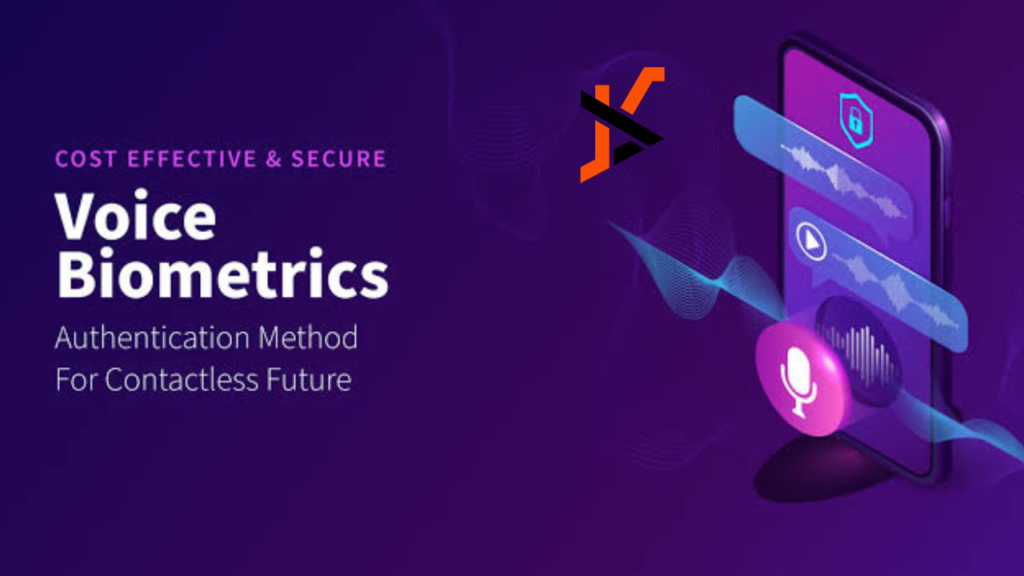Introduction to Voice Authentication
In the digital age, security is paramount for individuals and organizations. Traditional methods, such as passwords and PINs, are increasingly seen as inadequate. Enter voice authentication solutions—a cutting-edge technology that offers a robust and user-friendly alternative. Voice authentication leverages unique vocal attributes to verify identity, providing a seamless and highly secure authentication method. This article explores the numerous benefits of voice authentication and how it revolutionizes security systems worldwide.
Enhanced Security
One of the most significant advantages of voice authentication is its enhanced security. Each person’s voice has distinct characteristics, such as pitch, tone, and speaking style, making it incredibly difficult for unauthorized users to gain access. Unlike passwords, which can be easily hacked, or biometrics like fingerprints, which can be spoofed, voice authentication offers a unique and highly secure alternative.
According to Security Magazine, voice biometrics can significantly reduce the risk of fraud and identity theft by leveraging these unique vocal attributes. This makes it especially useful in industries like banking, healthcare, and government that demand stringent security standards.
User Convenience
A common gripe with traditional security measures is their inconvenience. Remembering complex passwords, carrying security tokens, or using multi-factor authentication can be cumbersome and time-consuming. Voice authentication offers a seamless and intuitive user experience. Users can quickly and easily authenticate themselves using their voice, making it an ideal solution for tech-savvy and non-tech-savvy individuals.
This convenience extends to various user scenarios. For instance, voice authentication can access secure areas, perform financial transactions over the phone, or log into online services. Its straightforward nature ensures users can interact with security systems without frustration or delay.
Cost-Efficiency
Implementing voice authentication can also lead to significant cost savings. Traditional methods often require extensive infrastructure and ongoing maintenance. Biometric fingerprint or facial recognition hardware can be costly to install and maintain. In contrast, voice authentication can largely be software-based, reducing the need for costly hardware investments. This makes it a practical option for businesses looking to improve security without breaking the bank.
The operational costs of managing and resetting forgotten passwords or lost security tokens can also be substantial. Voice authentication eliminates these expenses, allowing organizations to allocate resources more efficiently.
Scalability
Another benefit of voice authentication is its scalability. Whether you’re a small business or a large corporation, voice authentication systems can be easily scaled to meet your organization’s needs. This flexibility ensures that as your business grows, your security measures can grow with it. Implementing a scalable security solution is crucial in today’s fast-paced business environment, where growth and change are constant.
A report from TechRadar suggests that the scalable nature of biometric systems, including voice authentication, is one of the key reasons for their increasing adoption in various industries. This adaptability makes voice authentication a future-proof investment for businesses of all sizes.
Privacy Concerns and Mitigations
As with any technology, voice authentication is not without its challenges. Privacy concerns are often cited as a potential drawback. Users may be concerned about how their voice data is used and stored. However, advancements in encryption and data protection measures are helping to mitigate these concerns. Organizations must be transparent about how voice data is used and stored to build and maintain user trust.
Implementing robust data protection policies and ensuring compliance with privacy regulations can help alleviate user concerns. Additionally, educating users about the security measures in place and the benefits of voice authentication can contribute to greater acceptance and adoption of the technology.
Conclusion
Voice authentication offers a secure, convenient, cost-effective solution for modern security challenges. From reducing fraud to enhancing user experience, the benefits are numerous. As technology continues to evolve, it holds the potential to transform how we approach security in our increasingly digital world. By addressing privacy concerns and leveraging advancements in AI, voice authentication can provide a trustworthy and scalable security solution for businesses and individuals.

